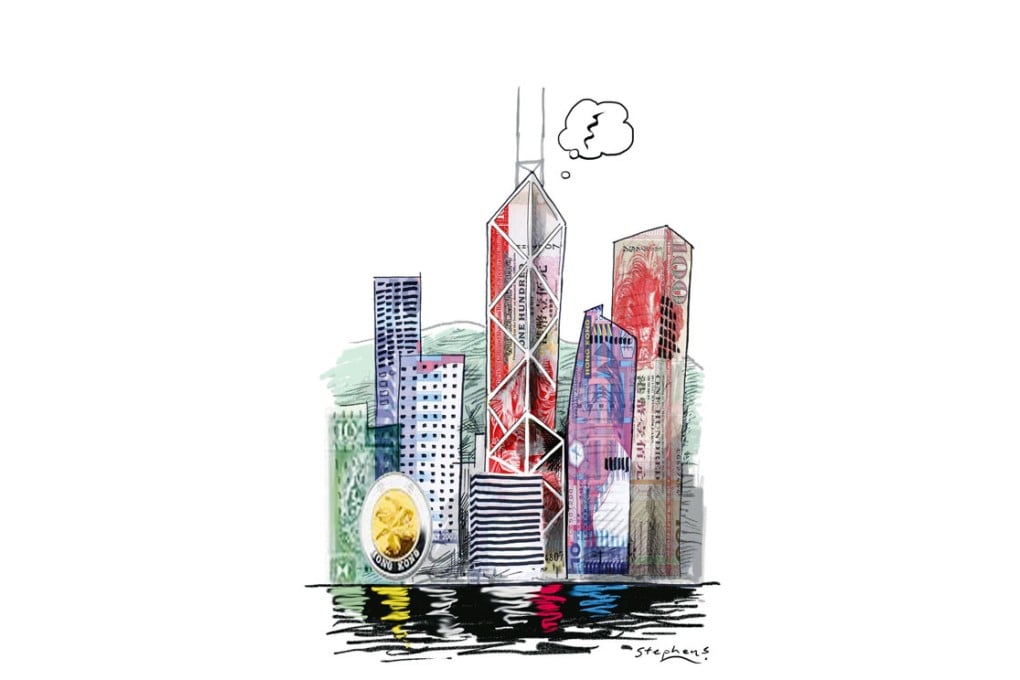Occupy Central is really a battle over the idea of the city
Adam Bobbette says in its opposition to the political reform framework, Occupy Central is in fact arguing for a more humane value system to replace our bankrupt capitalist model

Architects, planners and professions with a stake in Hong Kong's urban future have been generally quiet throughout the debates on political reform. I'd like to rectify this by pitching in a few arguments from the perspective of someone who studies cities and cares about the future of Hong Kong.
In my view, Occupy Central is a battle over the idea of the city. It is necessary at this moment in Hong Kong's history: we need new, dissenting and divergent ideas about the collective future of the city. A confrontation of values is the essence of politics.
The capitalist principles that have shaped Hong Kong and mainland cities have resulted in urban failures. They fail socially, as evidenced by people's precarious livelihoods (economic migrants, for example), destitution, and our embrace of the existentially meaningless values of personal gain. Let's not forget, also, that capitalism produces economic uncertainty. And, finally, these cities fail architecturally: buildings become profit engines, and only the privileged few have access to the nicest ones.
The problem is that the cities we inhabit shape how we think and value the world. The reverse is also true; our values shape our cities. When a city becomes primarily an engine of profit and accumulation, it creates people who see the world that way. The result is that it becomes ever more difficult to imagine the world differently.
This is the current sad reality of Hong Kong: its impoverished imagination. It is also why Occupy Central and Scholarism are necessary, to break this impasse.
The prevailing attitude among those in power is that nothing can change. The future is written. "Just use common sense and follow the law," they say. They must have swallowed some amnesia pill from Mannings.